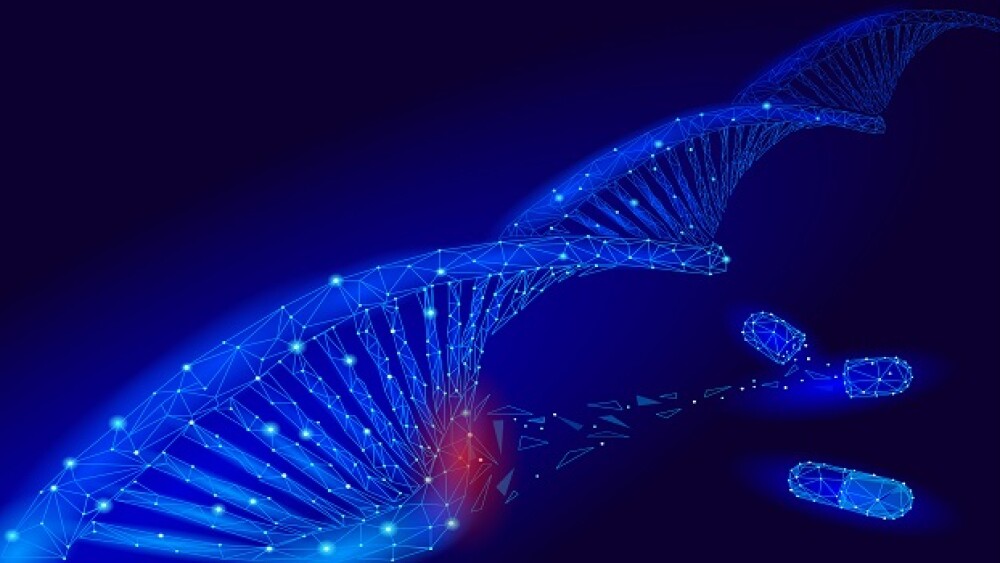Two-year follow-up data shows 100 percent overall survival and 100 percent event free survival in comparison to a historical standard of care from a historical control group.
Shares of Orchard Therapeutics are climbing this morning after the company announced positive results from a two-year follow up of the company’s stem cell gene therapy for the treatment of severe combined immune deficiency due to adenosine deaminase deficiency (ADA-SCID).
This morning the London-based company announced the follow-up data from its registrational trial of OTL-101, an ex vivo, autologous, gene therapy candidate. The trial hit its primary endpoints, Orchard said. The company said the data in the 20 patient study showed 100 percent overall survival and 100 percent event-free survival in comparison to a historical standard of care from a historical control group. These durable results continue to be seen with some of these patients who are approaching five years of follow up. Additionally, the company said overall survival was 12 percent better than hematopoietic stem cell transplantation (HSCT), while event-free survival was 44 percent better than (HSCT). As a result, Orchard is preparing to file for a Biologics License Application in 2020.
ADA-SCID is a rare and life-threatening inherited disease caused by mutations in the ADA gene. Deficiencies of the ADA enzyme leads to dysfunction of cells of the immune system. As a result of these dysfunctions, patients with ADA-SCID are unable to fight off and frequently succumb to complications from bacterial, viral and fungal infections. Last year Orchard gained the rare disease gene therapy portfolio from GlaxoSmithKline that included Strimvelis, the first autologous ex vivo gene therapy for children with ADA-SCID.
Donald B. Kohn, a professor of microbiology, immunology and molecular genetics at University of California, Los Angeles (UCLA) and the principal investigator of the trial, said the data continues to be positive for patients treated with the company’s gene therapy product for ADA-SCID. With some patients approaching the five-year mark, Kohn said they are encouraged by the results and look forward to advancing the treatment toward potential approval.
Bobby Gaspar, chief scientific officer of Orchard, said the follow-up results demonstrate that by “engrafting autologous, gene-modified, long-term repopulating hematopoietic stem cells,” researchers have been able to see durable recovery of the immune system.
“With 100 percent overall survival and 100 percent event-free survival in this trial maintained at 24 months, we believe OTL-101 has the potential to enable patients with ADA-SCID to lead healthier lives with restored immunity to fight infections,” Gaspar said in a statement.
Andrea Spezzi, Orchard’s chief medical officer, said that for the rest of 2019, the company, which expanded its a toehold in the U.S. last year, will be focused on completing the clinical and manufacturing activities to enable a BLA filing in 2020. Spezzi said this will bring the company closer to its goal of providing patients with a new treatment option.





